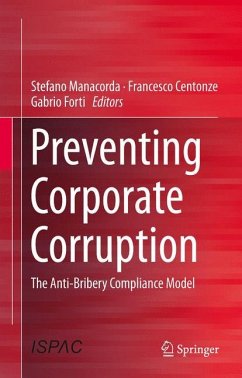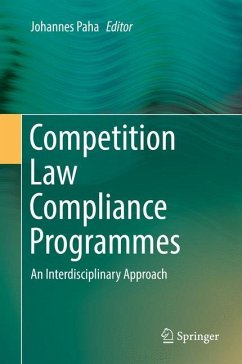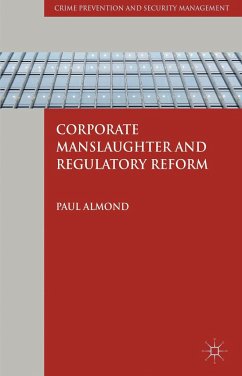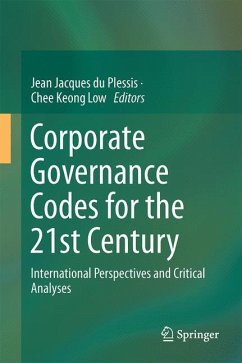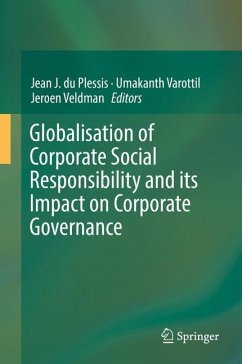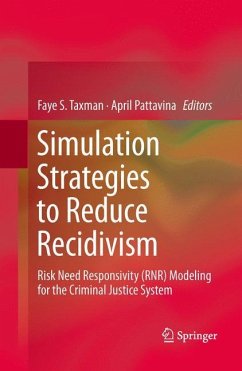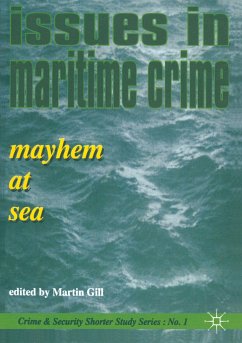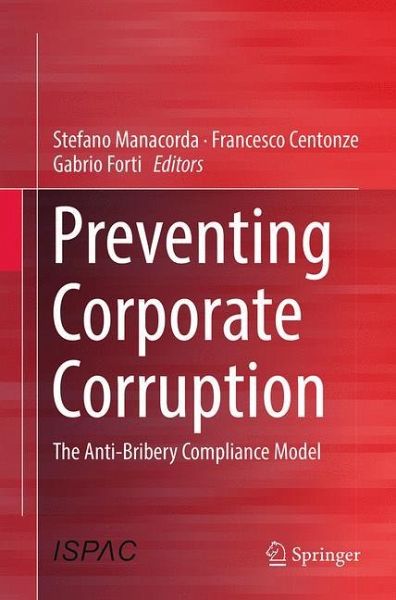
Preventing Corporate Corruption
The Anti-Bribery Compliance Model
Herausgegeben: Manacorda, Stefano; Centonze, Francesco; Forti, Gabrio
Versandkostenfrei!
Versandfertig in 6-10 Tagen
136,99 €
inkl. MwSt.

PAYBACK Punkte
68 °P sammeln!
This book presents the results of a two-year international research project conducted for the United Nations Office on Drugs and Crime (UNDOC) to investigate and provide solutions for reducing bribery and corruption in corporations and institutions. It starts with an empirical case study on the effectiveness of a set of self-regulation rules adopted by multinational companies in the energy sector. Second, it explores the context and factors leading to corruption internationally (and the relationships between domestic criminal law and self-regulation). Third, it examines guidelines for the adop...
This book presents the results of a two-year international research project conducted for the United Nations Office on Drugs and Crime (UNDOC) to investigate and provide solutions for reducing bribery and corruption in corporations and institutions. It starts with an empirical case study on the effectiveness of a set of self-regulation rules adopted by multinational companies in the energy sector. Second, it explores the context and factors leading to corruption internationally (and the relationships between domestic criminal law and self-regulation). Third, it examines guidelines for the adoption of compliance programs developed by international institutions, to serve as models for the future. The principle result of the book is a three-pronged Anti-Bribery Corruption Model (so called ABC Model), endorsed by the United Nations, intended as a corruption prevention tool intended to be adopted by private corporations. This work provides a common, research-based standard for anti-bribery compliance programs, with international applications. This work will be of interest to researchers studying Criminology and Criminal Justice, particularly in the areas of organized crime and corruption, as well as related areas like Business Ethics and Comparative International Law.



